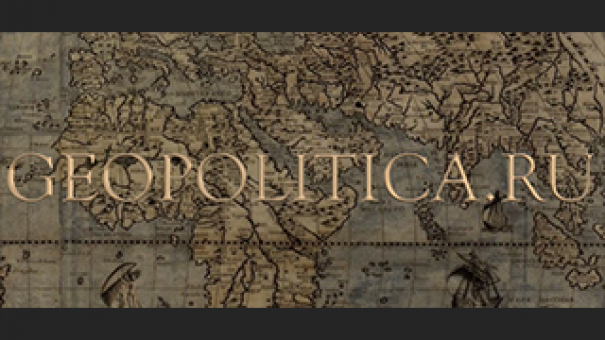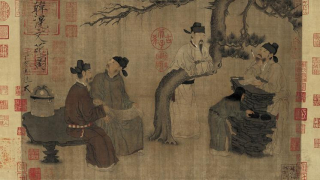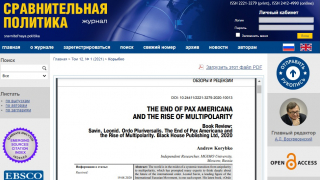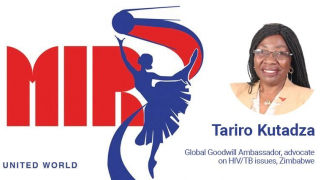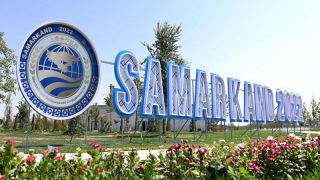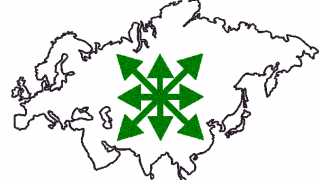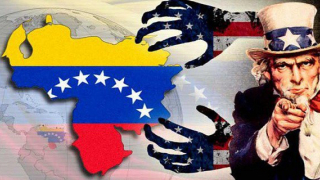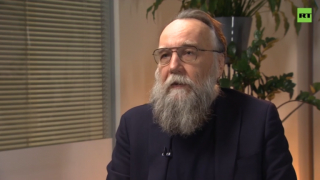See also
12.09.2018
Contemporary Chinese political scientists derive their doctrine of multipolarity from the Cold War era, and in particular the five principles of...
30.11.2020
The world is in the midst of a systemic transition from unipolarity to multipolarity, which has prompted many experts to think deeply about
the...
30.03.2014
Despite the fact that research on globalization has been ongoing for decades, a clear definition of the phenomenon, accepted by the entire...
16.12.2015
December 16, the Chinese city of Wuzhen started the World Internet Conference. It is an alternative to such events, taking place under the auspices...
27.03.2024
The question is: Global South! Are we ready to end pandemics by 2030? I am sure we are not ready, because what is happening on the ground, we are no...
19.04.2023
Dear friends! You are invited to participate 29 April in international conference on Multipolarity. It will last all day in order to cover space of...
14.09.2022
The Shanghai Cooperation Organization (SCO) will hold its next summit in the ancient Uzbek city of Samarkand from 15-16 September, which will see the...
29.05.2017
America is the nation at war since the hundred years to till now. More than 60 independent and sovereign states were destroyed directly and...
08.12.2022
The German leader just published what can be interpreted as his manifesto explaining why his country must supposedly restore its prior hegemonic...
01.12.2014
U.S. President Barack Obama once famously claimed Russia was “on the wrong side of history” in its reaction to events in Ukraine. He earlier...
04.02.2019
A coming ascent of a multipolar order? United States in decline and ready to collaborate with the great emerging powers? Hypotheses refuted by the...
01.01.2023
The conflict in Ukraine is the world’s “first multipolar war,” in which Russia is fighting for the right of every civilization to choose its own path...

